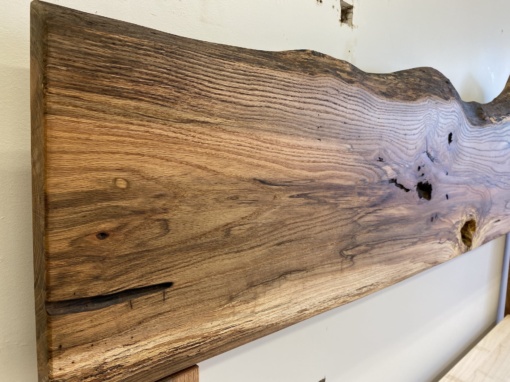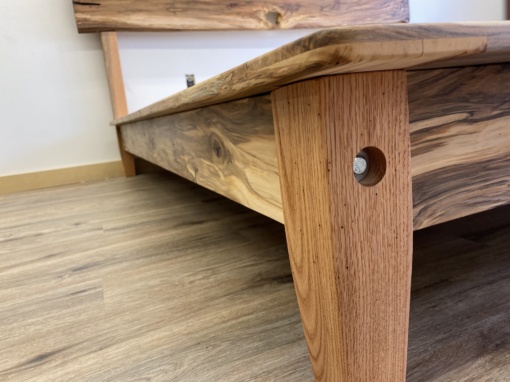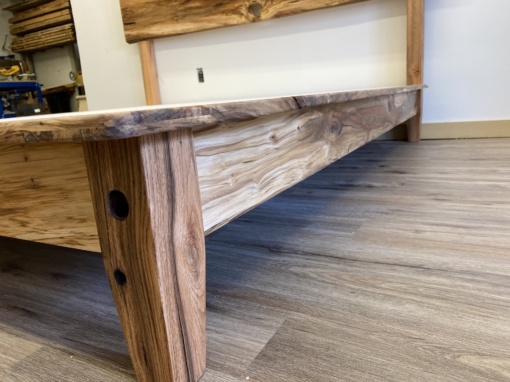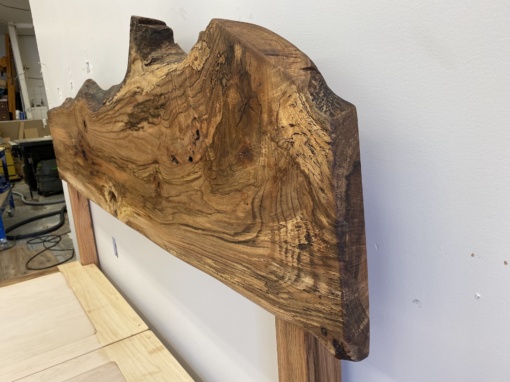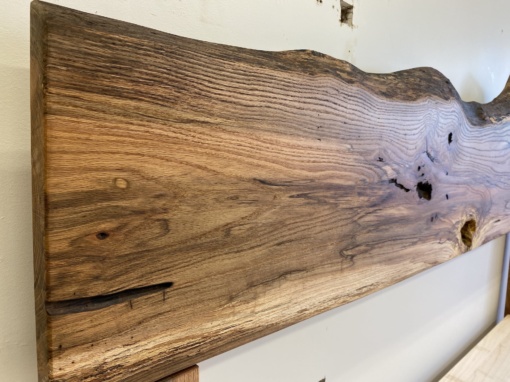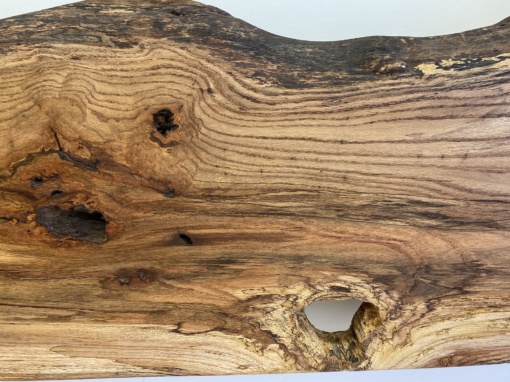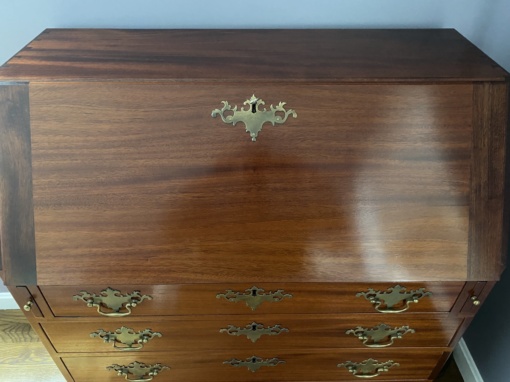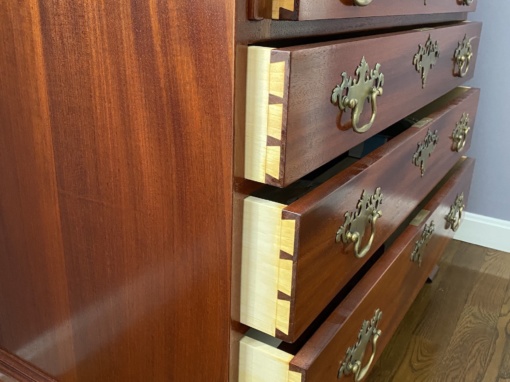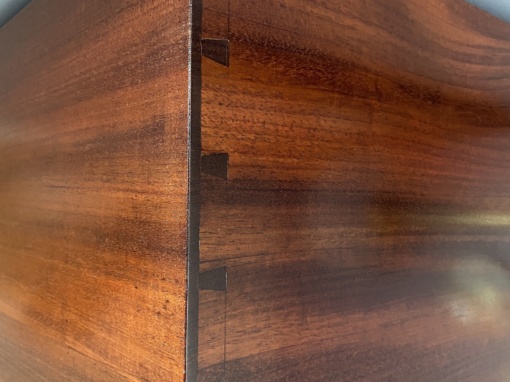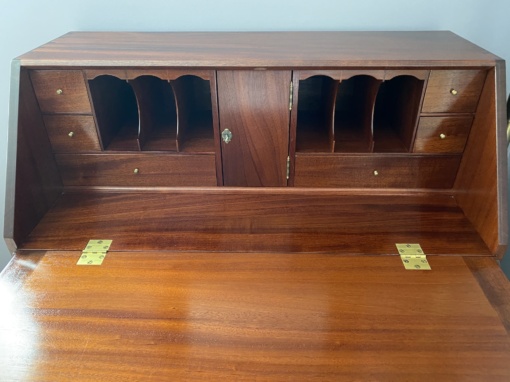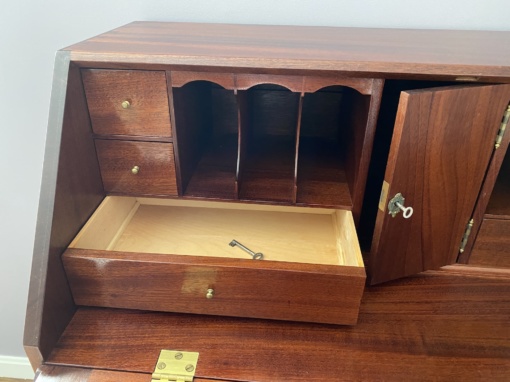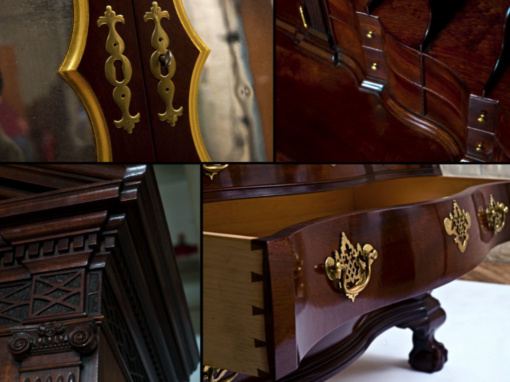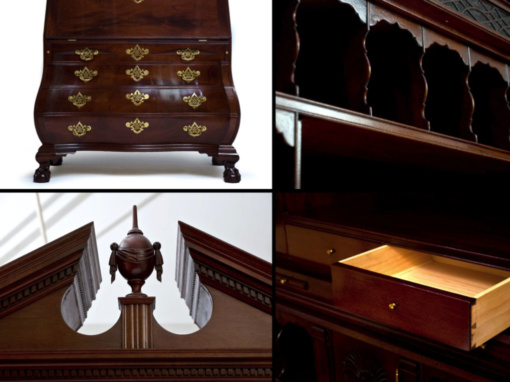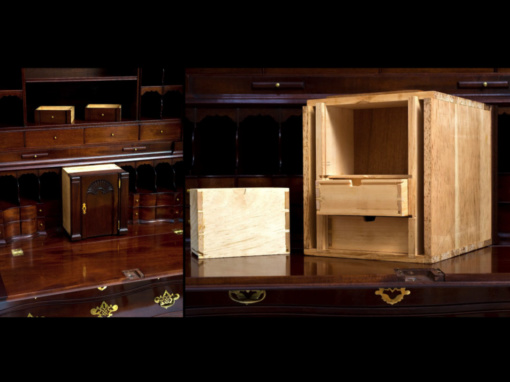As most of us prepare to hibernate for the winter, so, too, should we prepare to put away our outdoor summer gear for the the cold days ahead. From furniture, to gardening tools to machinery, how we prep and store our seasonal items can make the difference between enjoying them for years to come and wasting money replacing them. Below are a few simple guidelines for maintaining and storing warm-weather items throughout the fall and winter.
Furniture:
Whether wicker, metal, plastic or cloth, it is critical that all outdoor furniture is clean and dry before being covered or stored. With upholstered cushions, we are all guilty of forgetting to put them away before they have been exposed to some measure of moisture. During the summer, this is generally not a problem because any mildew that may have grown will eventually be killed by exposure to direct sunlight. But, when storing your outdoor pillows and cushions for the winter, it is best that they are brought indoors instead of being covered – and it is very important that they are fully dried (especially when being stored in a dark basement or garage). Once dry, they should be beaten for dust, wrapped carefully and placed in the driest possible place.
Metal furniture should be cleaned with mild soapy water (Murphy’s Oil Soap is a good choice) and be sure to drain any water trapped in the frames. Most metals can stay out with a secure cover, but it is recommended that steel furniture be brought in, if possible, because of the greater risk of oxidation and rust. Wicker furniture should also be cleaned, dried and stored inside and again, Murphy’s Oil soap is a great option for keeping the wicker supple. Most wood can be left outside if properly sealed and cleaned, but leave some room for air circulation. Stone pieces – especially table tops exposed to repeated freezing – would fare best inside, but a sealant and a loose cover should do the trick in most cases.
Gardening tools:
While gardening tools are generally made to withstand all types of heavy use and the elements, if you wish to keep them at their best from year-to-year, they need to be cleaned and maintained at least once per year. Metal tools should be thoroughly cleaned with a wire brush, fully dried and hit with a quick shot of lubricant like WD-40 (paying special attention to hinges, bolts, screws and crevices). Wooden handles benefit greatly from a quick shot with low-grit sandpaper and a nice coating of neem or linseed oil. These simple steps will help to avoid cracking and splintering and will ensure you will have rust-free tools ready to go in the spring.
Landscaping machinery:
Since mowing is often a grueling chore for homeowners, it is tempting to roll the lawnmower right into the garage and not look back until the spring season. But, lawnmowers and other gas-powered machines benefit greatly from proper maintenance and this can save a lot of stress and money over the years. Here are a few recommendations from lawn mower experts, Briggs & Stratton:
1) Always remove the spark plug lead wire before performing any type of mower maintenance.
2) Remove, cover and store the battery. Starting with the negative terminal first, remove your mower’s battery, clean any dirt, debris or corrosion, treat the terminals with a basic protectant and store in a clean, dry place.
3) Treat fuel tank. Gas-powered machines should never be left for months on end with partially full tanks (especially months with high precipitation). Moisture can gather in the tank causing rust that can clog the carburetor. It should either be run completely out of fuel or, better yet, filled to capacity and treated with a fuel stabilizer. If opting to fill and treat the fuel tank, be sure to run for a few minutes to allow the stabilizer to circulate throughout the carburetor. Store in a clean, dry place far away from furnaces or any other source of heat or flames.
Now that you’ve thoroughly cleaned and properly prepared your summer furniture, tools and machinery for winter storage, one final bit of advice is to park them behind not in front of your snowblower, shovels or generators as it won’t be long before they’ll need to come out to play.
Credit: Diana Cammarota


